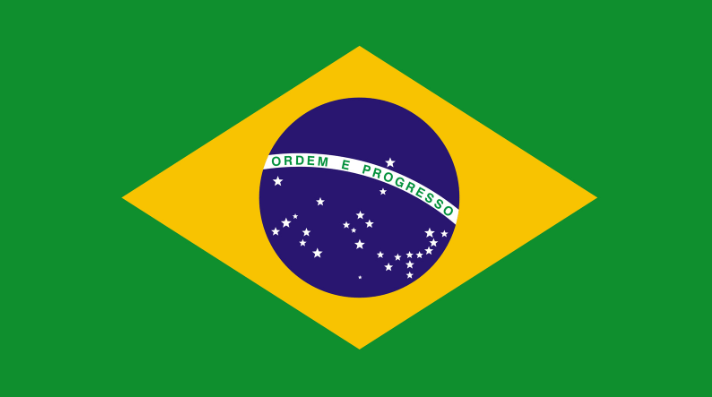DIREITO INTERNACIONAL PRIVADO
O Direito Internacional Privado é o ramo do direito que regula as relações jurídicas que envolvam legislações de diferentes países.
Em um mundo cada vez mais conectado, com distâncias reduzidas pela tecnologia e pela crescente interligação de pessoas de vários países, tem se tornado cada vez mais comum a existência de casos que reclamam a atuação do Direito Internacional, tais como casamento de brasileiros com estrangeiros, divórcios que envolvam bens brasileiros e estrangeiros, procedimento de inventário com bens em diferentes países, discussões de guarda de filhos binacionais, etc.
De outro lado, nacionais de diferentes países que tenham interesse no Brasil, seja para negócios, investimentos ou relações familiares, podem contar com nossa expertise para ajudá-los a transitar pelo peculiar sistema jurídico brasileiro.
Na Martin Advogados, nossa atuação é, por excelência, o Direito Internacional Privado. Entendemos que é necessário o domínio da legislação brasileira, a pronta resposta a soluções complexas que envolvem diferentes legislações, e ao mesmo tempo o acolhimento do estrangeiro que naturalmente precisa se ambientar à cultura jurídica e social do Brasil.
Com larga experiência e anos de atuação, desenvolvemos uma base sólida e confiável para o atendimento de estrangeiros, inclusive com atuação conjunta com advogados de outros países quando os casos possam refletir ou provocar consequências no exterior.
Nossos serviços de assessoria em:
- aquisição de imóveis
- investimentos
- casamento
- elaboração de contratos
- pactos antenupciais
- abertura e encerramento de empresas
- representação em processos judiciais
- vistos
- autorização de residência
- auxílio em órgãos administrativos como Ministério das Relações Exteriores
- serviços relacionados a Polícia Federal
- obtenção de documentos
- serviços cartorários
- elaboração de pareceres sobre a legislação brasileira e consultas para prevenção de riscos

NÓS DEFENDEMOS NOSSOS CLIENTES
Mais de 600 clientes dos EUA, Brasil, Europa e Ásia atestaram que o escritório de advocacia Mark Martin tem conhecimento e experiência prática em Direito Internacional, Civil e Contratual.






